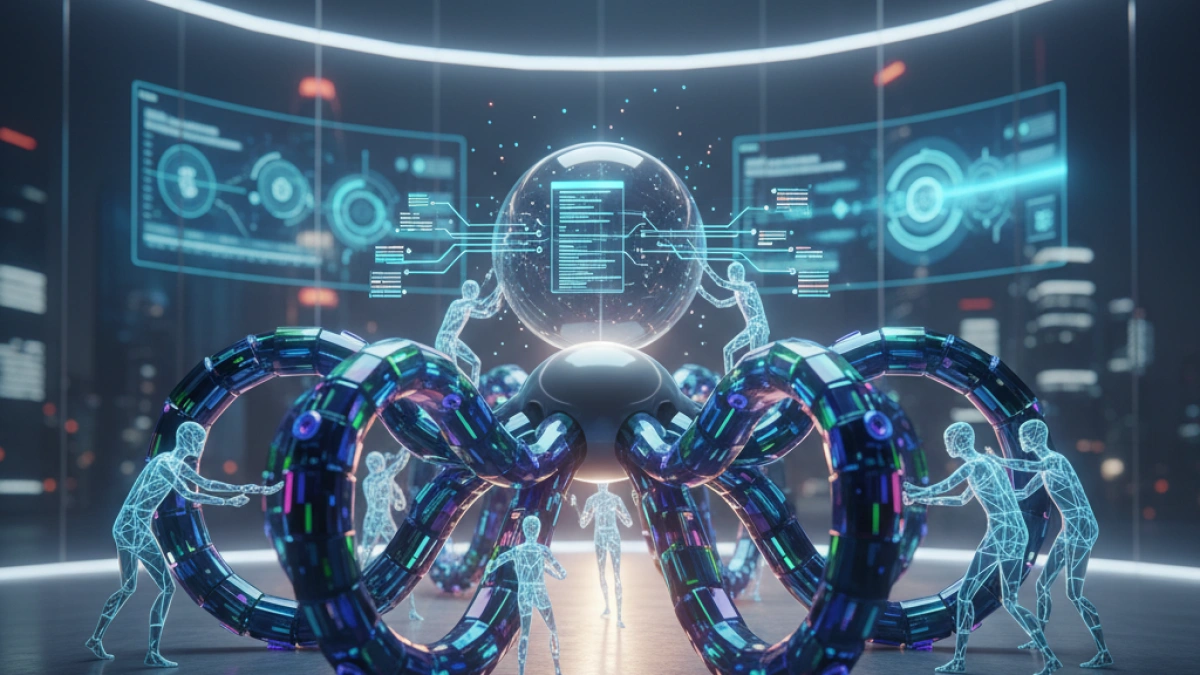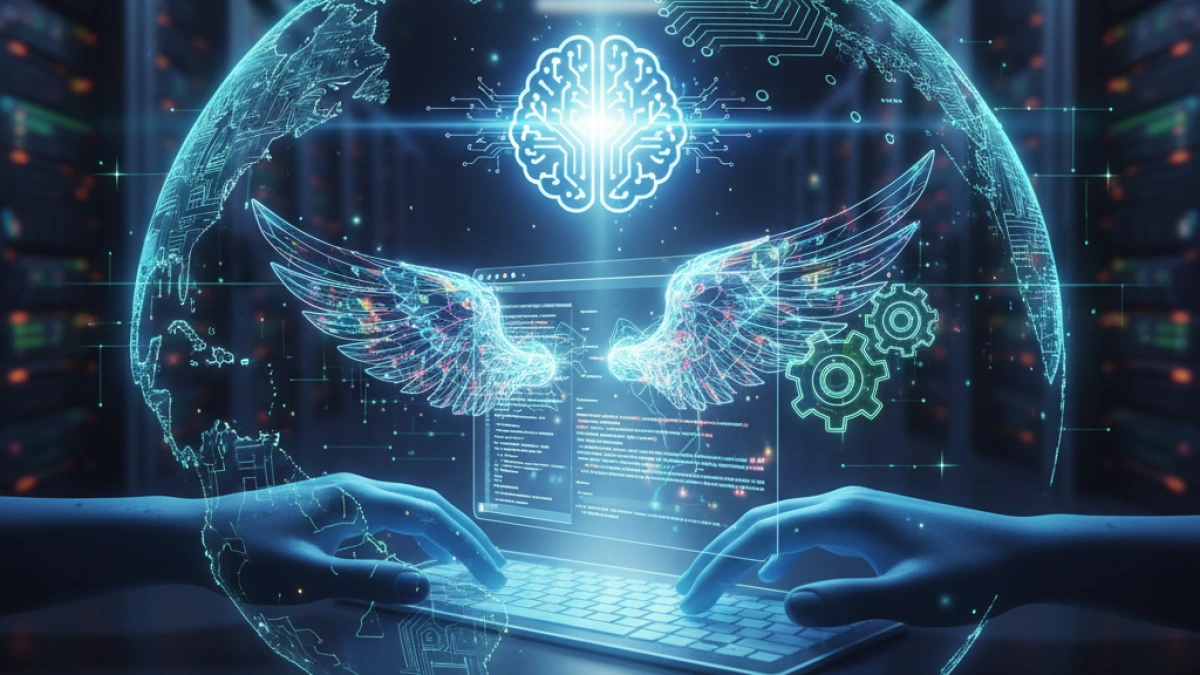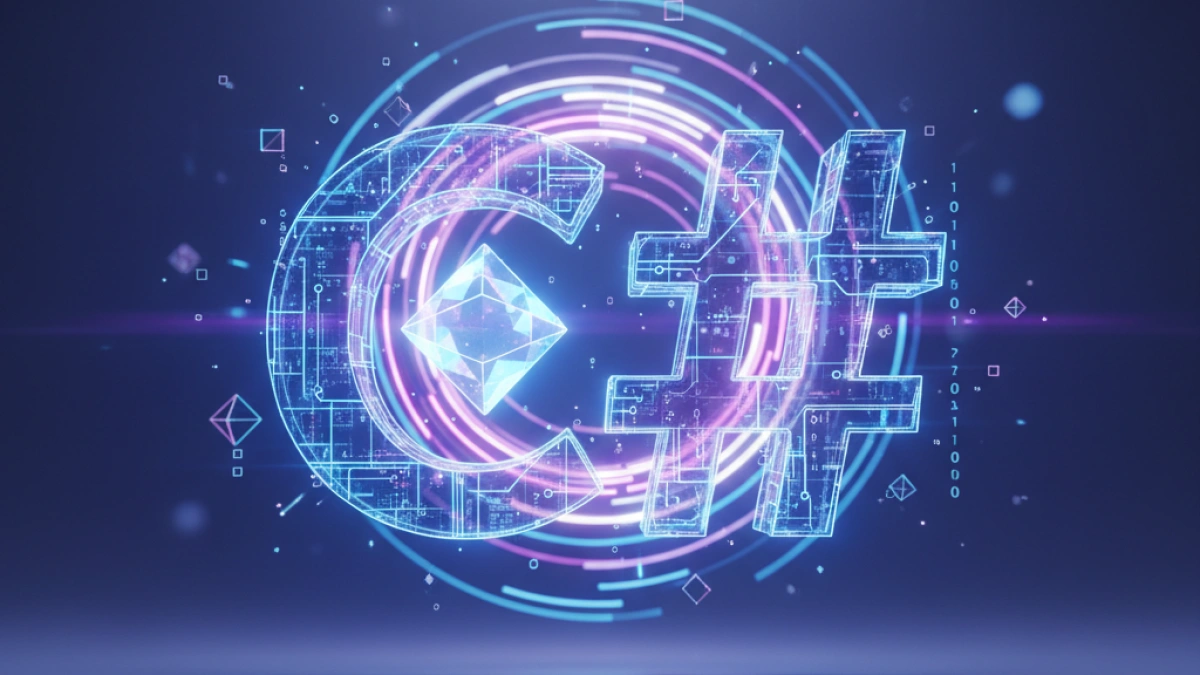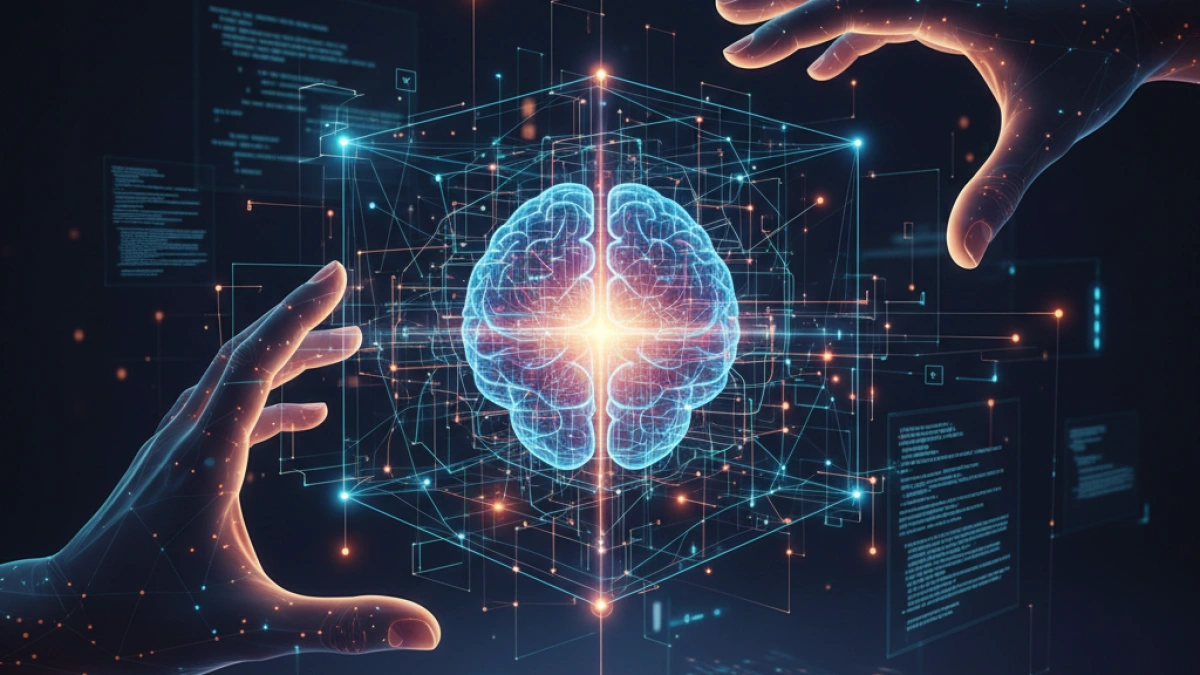What is Programming? Beginner's Guide

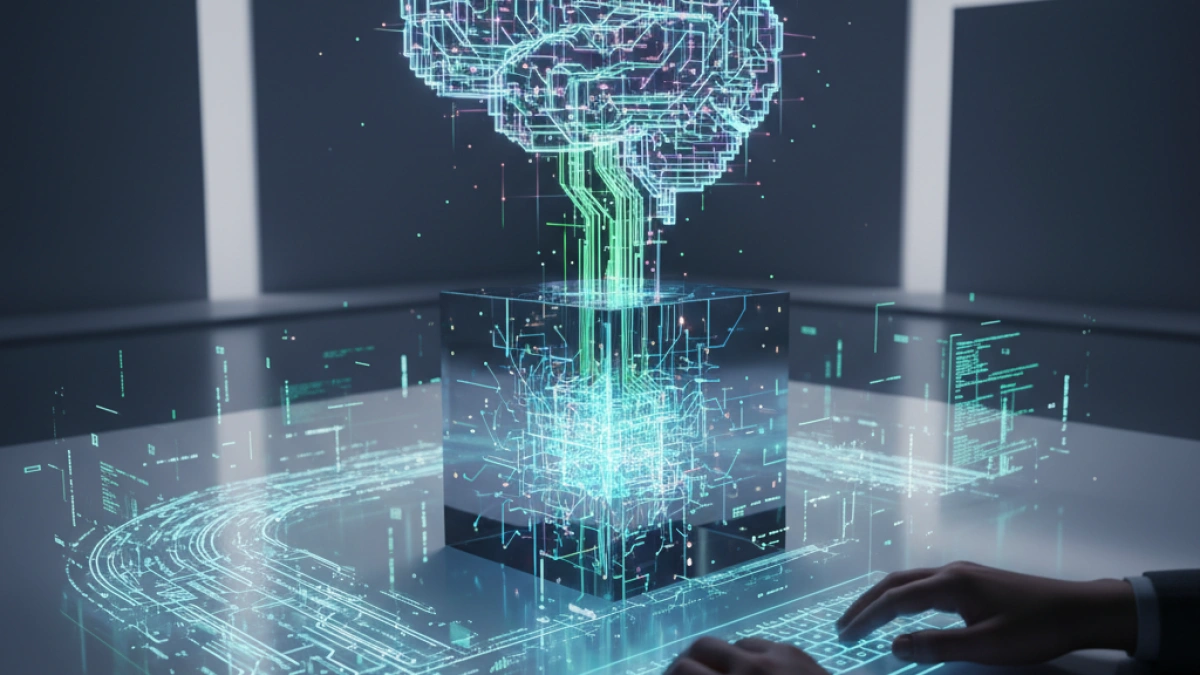
Programming is the process of designing and building a set of instructions that tell a computer how to perform a specific task. This article is a comprehensive guide for beginners who want to understand the fundamental concepts of programming.
Personally, programming has been a tool that has opened many doors for me, not only at a professional level but, so to speak, opening my mind, it has given me the possibility of automating tasks in my life, developing ideas and giving me the confidence of being able to make an idea come true.
Why is Programming Important?
Programming plays a crucial role in today's technological world. From mobile applications to websites and operating systems, programming is the foundation of all digital solutions. Some reasons why it is important to learn to program include:
- High demand for professionals: Programming skills are sought after in many fields, such as technology, health, and finance.
- Problem-solving: Programming fosters a logical and critical approach to solving problems.
- Creativity and idea development: Programming allows you to create applications and solutions that can have a real impact on the world.
Basic Concepts of Programming
Programming Languages
There are many programming languages, each with its own characteristics and uses. Some of the most popular include:
- Python: Widely used for web development, data science, and teaching programming.
- JavaScript: Primarily used in web development to create interactivity on websites.
- Java: Used in enterprise applications and mobile app development.
- C: Known for its efficiency and control, commonly used in operating systems.
Algorithm
An algorithm is a set of steps or rules to follow to accomplish a specific task. In programming, algorithms are fundamental because they define how to solve a particular problem.
Control Structures
Control structures allow you to modify the flow of execution of a program. The most common ones are:
- Conditionals: Allow different blocks of code to be executed based on conditions (e.g., if, else).
- Loops: Allow a block of code to be repeated multiple times (e.g., for, while).
Getting Started with Programming
Choosing a Programming Language
If you are new to programming, it is advisable to choose a simple language. Python is an excellent choice due to its clear syntax and versatility. Starting with a user-friendly language will help you focus on learning the fundamental concepts without getting bogged down by syntax.
Installing Necessary Tools
- Code Editor: Programs like Visual Studio Code or PyCharm are great for getting started.
- Execution Environment: Install Python from its official site and make sure it is set up on your system.
Resources for Learning
There are many resources available to learn programming. Some of the most useful include:
- Online Courses: Platforms like Coursera, edX, and Udemy offer courses from beginner to advanced levels.
- Books: Consider books like "Automate the Boring Stuff with Python" to learn in a practical way.
- YouTube Tutorials: Channels like "freeCodeCamp" or "Programming with Mosh" offer free tutorials.
Practical Applications of Programming
Web Development
Programming is essential in website development. It combines the use of languages like HTML, CSS, and JavaScript to create interactive and engaging experiences.
Data Science
Programmers in the field of data science use Python and R to analyze and process large volumes of data, generating insights that can help in decision-making.
Task Automation
Learning to program will allow you to automate repetitive tasks, which can increase your productivity both personally and professionally.
Common Mistakes When Learning to Program
Ignoring Documentation
Documentation is a valuable tool that many beginners overlook. Learning to read and use documentation will help you troubleshoot and better understand the libraries you use.
Not Practicing Enough
Programming is best learned through practice. Don’t just read; write code, solve problems, and work on real projects.
Conclusion
Programming is a powerful skill that opens many doors in the modern world. From software development to automation and data science, the applications are endless. If you are a beginner, don’t hesitate to explore different languages and resources until you find what excites you the most. With dedication and consistent practice, you will become a competent programmer.
Additional Resources
- W3Schools: Tutorials and references on various programming languages.
- Codecademy: An interactive platform to learn programming.
- LeetCode: Ideal for practicing programming problems and preparing for technical interviews.
With the right knowledge and practice, anyone can learn to program and take advantage of the opportunities that this skill offers. Start your journey into the world of programming today!

